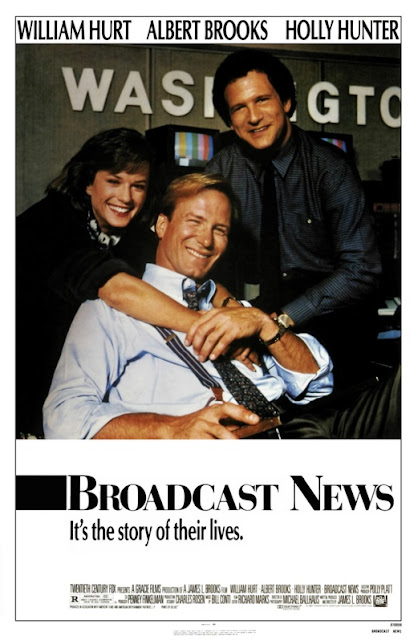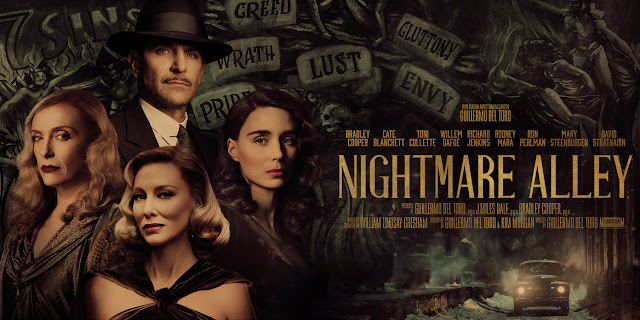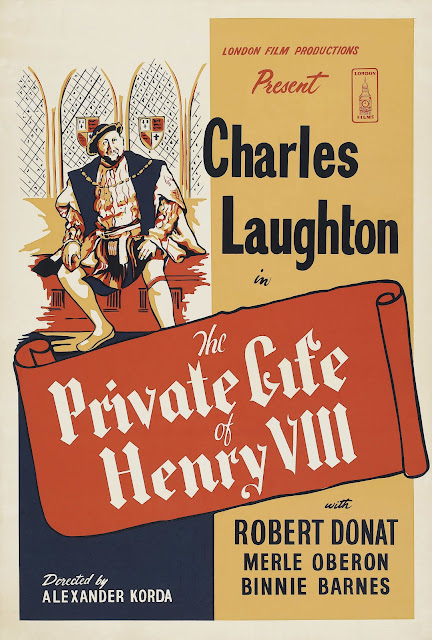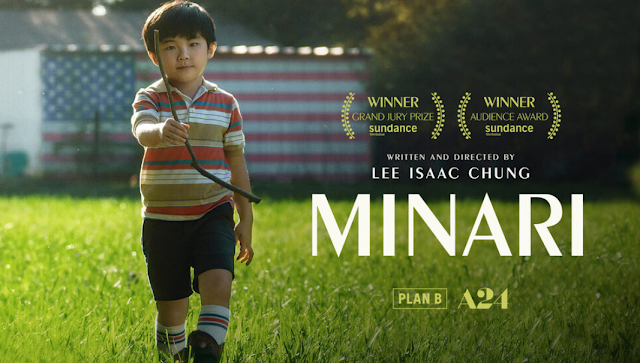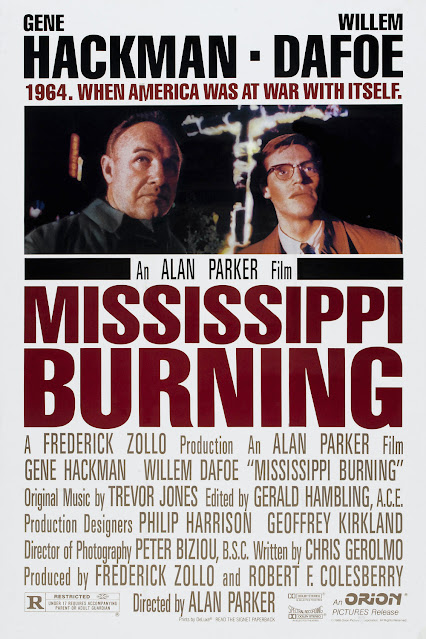Welcome to a special Top Ten Things, here at Enuffa.com, where I rank ten something-or-others and you all read it and dispute my ranking....

UPDATE: Tom Brady officially announced his retirement today, ending the greatest professional football career of all time. Thank you Mr. Brady for two decades of excellence. We New Englanders are now a spoiled fanbase because you made it look so damn easy. There will never be another like you.
In the wake of Tom Brady's historic seventh Super Bowl win, I thought I'd take a look at his equally historic ten Super Bowl appearances. But before we get to that, let's take a moment to appreciate just how superhuman this quarterback really is. There have been 55 Super Bowls. Tom Brady has played in 18% of them. Brady debuted in the 2000 season as a fourth-string quarterback. He became a starter in the 2001 season. That means that there have been twenty Super Bowls since Brady became a starter. He's played in half of them. Not only that, he's played in five of the last seven Super Bowls. The Tampa Bay Buccaneers hadn't won a division title since the 2007 season, and since then had failed to crack .500 in all but three seasons. Tom Brady took them to the Super Bowl and beat the 2019 Champions. Not only has he played in and won more Super Bowls than anyone else, he's played in several of the best and most exciting Super Bowls of all time. The man is not of this earth. He is a once-in-a-lifetime athlete, and it's very unlikely that anyone currently living on this planet will ever see another like him.
But enough praise, let's take a look at his ten Super Bowl games and find out which were the best (I've tried to balance Brady's performance and the quality of the game itself)....
10. Super Bowl XLII vs. New York Giants - 2.3.08
Of Brady's ten Super Bowl appearances, his upset loss to Eli Manning's NY Giants has to be considered the most disappointing. The Patriots went undefeated in the regular season that year, a feat not achieved since the 1972 Miami Dolphins. By comparison the Giants boasted an underwhelming 10-6 record, a recurring theme in this mismatched rivalry. The usually dominant Pats were confounded at nearly every turn by a strong Giants defense, going scoreless in the first and third quarters. Meanwhile the Giants managed a come-from-behind win in the final moments of the game with a stunning 83-yard drive (that included David Tyree's famous "helmet catch"), capping the score at 17-14. Pats fans everywhere were left scratching their heads at such an uncharacteristically ineffectual performance, but sadly it wouldn't be the last time Brady was unseated by Manning.
9. Super Bowl XLVI vs. New York Giants - 2.5.12

Of all the championship-caliber quarterbacks Tom Brady has faced, it's baffling to think the one guy who truly had his number was Eli Manning. The Patriots came into this Super Bowl 13-3 on the season, while the Giants set a new record for the worst win-loss ratio by a conference championship team, a scant 9-7. This game on paper should've been a cakewalk for Brady et al, but once again the Giants' defense kept the Patriots off-balance and scoreless for two of the four quarters. As with Super Bowl 42 the Pats led going into the 4th quarter but the Giants scored a go-ahead touchdown (uncontested, mind you, a strategic move designed to give New England more time to catch up), bringing the score to 21-17. The Patriots had just under a minute to move the ball back down the field and win the game, but came up short after a messy drive and a batted Hail Mary pass. For the second time in four years, the seemingly underqualified New York Giants had brought down the mighty New England Patriots for the championship.

